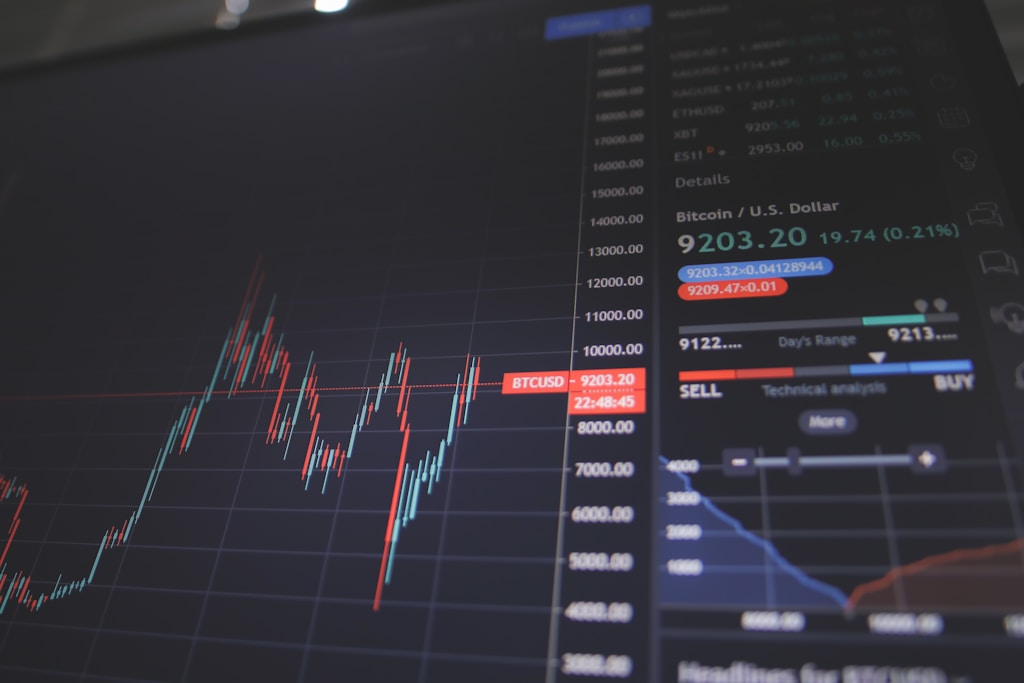Reading time: 8 minutes
The battle for internet browsing supremacy is entering a new era as artificial intelligence-powered browsers emerge to challenge Google Chrome’s long-standing dominance. This transformative shift in web navigation technology comes as major platforms like Telegram integrate AI capabilities, signaling a broader industry move toward AI-enhanced user experiences.
The Rise of AI-First Browsers: A Paradigm Shift
Traditional web browsers are facing their most significant disruption since Chrome’s launch in 2008. These new AI-powered browsers promise to fundamentally change how users interact with the internet, offering features like:
- Natural language processing for enhanced search capabilities
- Contextual understanding of web content
- Personalized content curation and recommendations
- Automated task completion and workflow optimization
Why AI Browsers Could Succeed Where Others Failed
Unlike previous attempts to dethrone Chrome, AI-first browsers bring revolutionary capabilities that address fundamental user needs:
| Feature | User Benefit |
|---|---|
| Contextual Understanding | More accurate search results and content recommendations |
| Task Automation | Reduced time spent on repetitive activities |
| Intelligent Filtering | Enhanced protection against misinformation and scams |
The Market Impact
The emergence of AI browsers coincides with a broader trend of AI integration across tech platforms. According to recent market analysis, AI-enhanced software solutions have seen a 344% growth in adoption rates, suggesting strong market readiness for AI-first browsers.
Frequently Asked Questions
How do AI browsers differ from traditional browsers?
AI browsers use machine learning to understand context, automate tasks, and provide personalized experiences beyond simple web navigation.
Will AI browsers replace Chrome?
While complete replacement is unlikely in the short term, AI browsers could capture significant market share in specialized use cases and among early adopters.
Are AI browsers secure?
AI browsers typically incorporate advanced security features, including intelligent threat detection and automated privacy protection.
Looking Ahead: The Future of Web Browsing
As AI technology continues to evolve, we can expect to see increasingly sophisticated browser capabilities that could fundamentally reshape how we interact with the internet. The success of these new platforms will largely depend on their ability to deliver meaningful improvements to the user experience while maintaining the speed and reliability that users expect.
